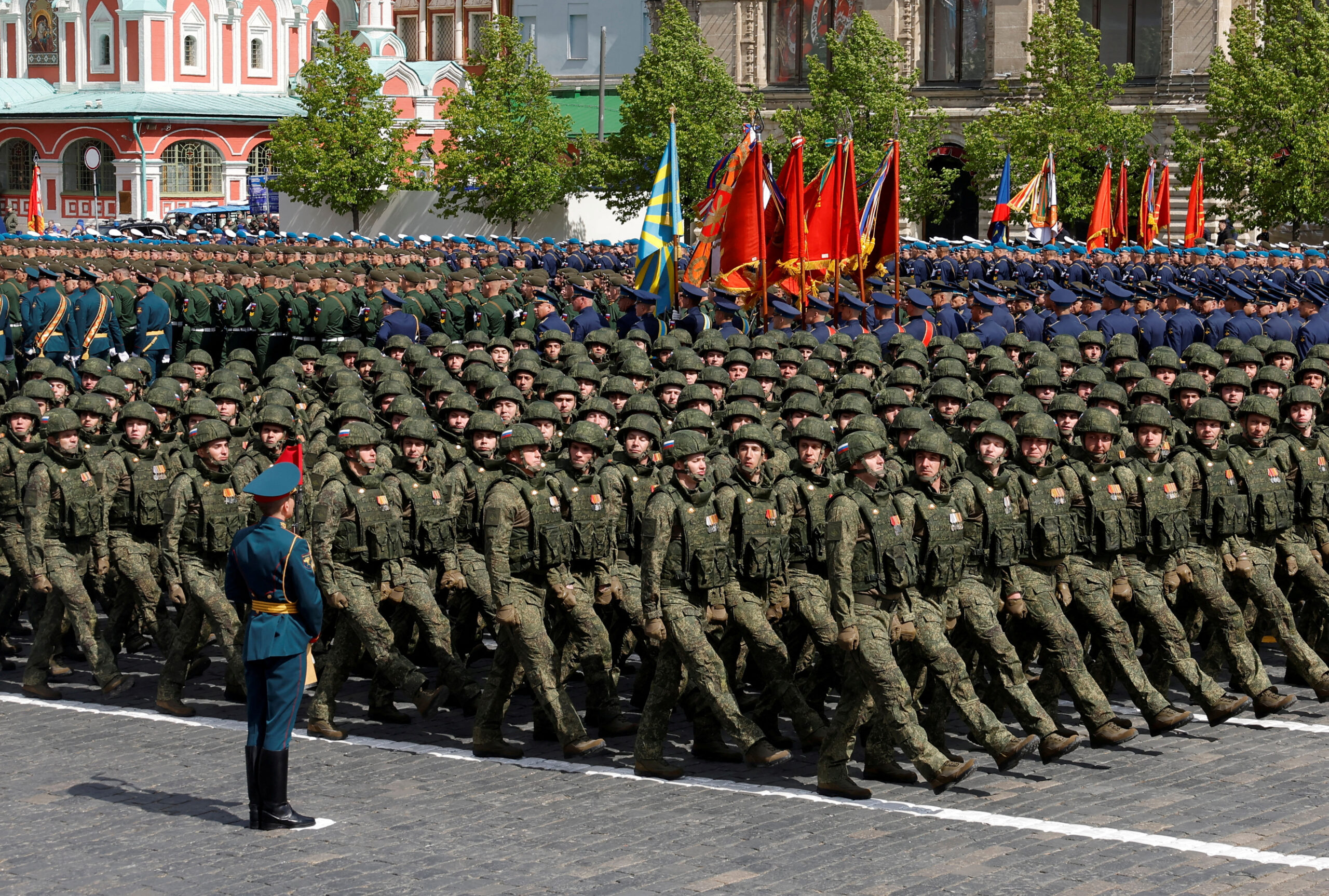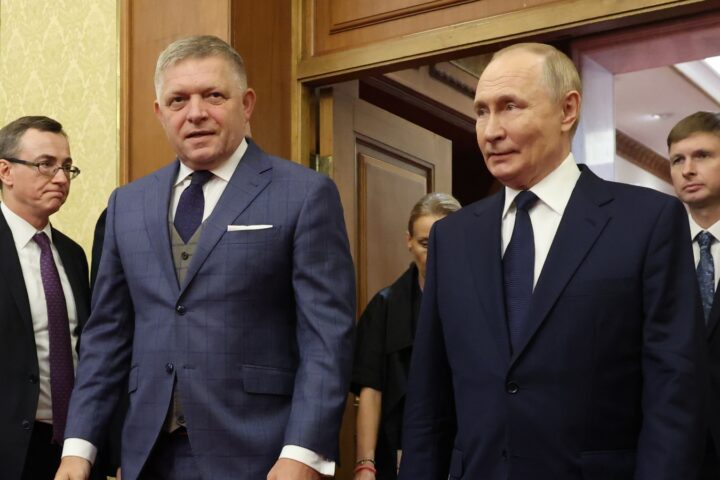The prevalence of HIV/AIDS in the Russian armed forces has skyrocketed by 20 times since the start of Russia’s full-scale invasion of Ukraine. According to a recent report by the Carnegie Endowment for International Peace, this dramatic increase stems from a combination of frontline conditions, including unprotected sex and drug use among soldiers, and the Russian government’s crackdown on HIV prevention and awareness programs under the guise of protecting “traditional values.”
By the end of 2022, the number of HIV cases in the military had already increased 13-fold compared to pre-war levels, with projections reaching a 20-fold rise by the end of 2024. Experts warn that the demographic and economic consequences of this outbreak may persist for decades and potentially cause more damage than the war itself.
Military recruitment issues fuel HIV spread
The influx of former prisoners, who have brought prison subculture into the armed forces, is a major factor in the epidemic. The army’s recruitment standards have reportedly declined, with attempts to draft even individuals with HIV or physical impairments. Blogger Ilya Varlamov criticized this approach, highlighting a case where a man with strabismus was assigned as a frontline rifleman, calling it a clear discredit to the military.
Many loyalist bloggers and commentators echo concerns that the army is not only mentally breaking conscripts and contract soldiers but also serving as a breeding ground for infectious diseases threatening Russia’s wider population. Anastasia Kashevarova, head of the NGO Women’s Front, detailed how recruiters often ignore existing illnesses and psychological disorders, allowing infected individuals to serve without medical oversight.
Lack of treatment and institutional neglect worsen the crisis
Kashevarova noted that healthy soldiers can contract HIV or hepatitis C in hospitals or trenches, yet the Ministry of Defense neither treats nor acknowledges the problem. She explained that the only clinic offering hepatitis C treatment is in Moscow and provides costly medication free only to local civilians, excluding military personnel. This institutional neglect leaves many healthy men falling ill and abandoned by the state.
The report also highlights how the previous “black market” for false medical certificates to avoid service has become ineffective, as recruiters no longer verify soldiers’ health. Some volunteers deliberately hide illnesses to gain short-term financial benefits, despite being unable to officially leave the military afterward.
Russia faces broader HIV epidemic challenges
Beyond the military, the report emphasizes Russia’s worsening HIV situation nationally. Since 2022, Russia consistently ranks among the top five countries worldwide for new HIV infections, behind only South Africa, Mozambique, Nigeria, and India. In 2021, Russia accounted for 3.9% of all new global HIV cases, surpassing countries like Tanzania, Uganda, Zambia, and Kenya. The ongoing epidemic presents a significant public health challenge for the country, with long-term consequences for its population and stability.
The detailed analysis by the Carnegie Endowment for International Peace underscores the urgent need for improved health policies and transparency within Russia’s armed forces to mitigate this escalating crisis.













